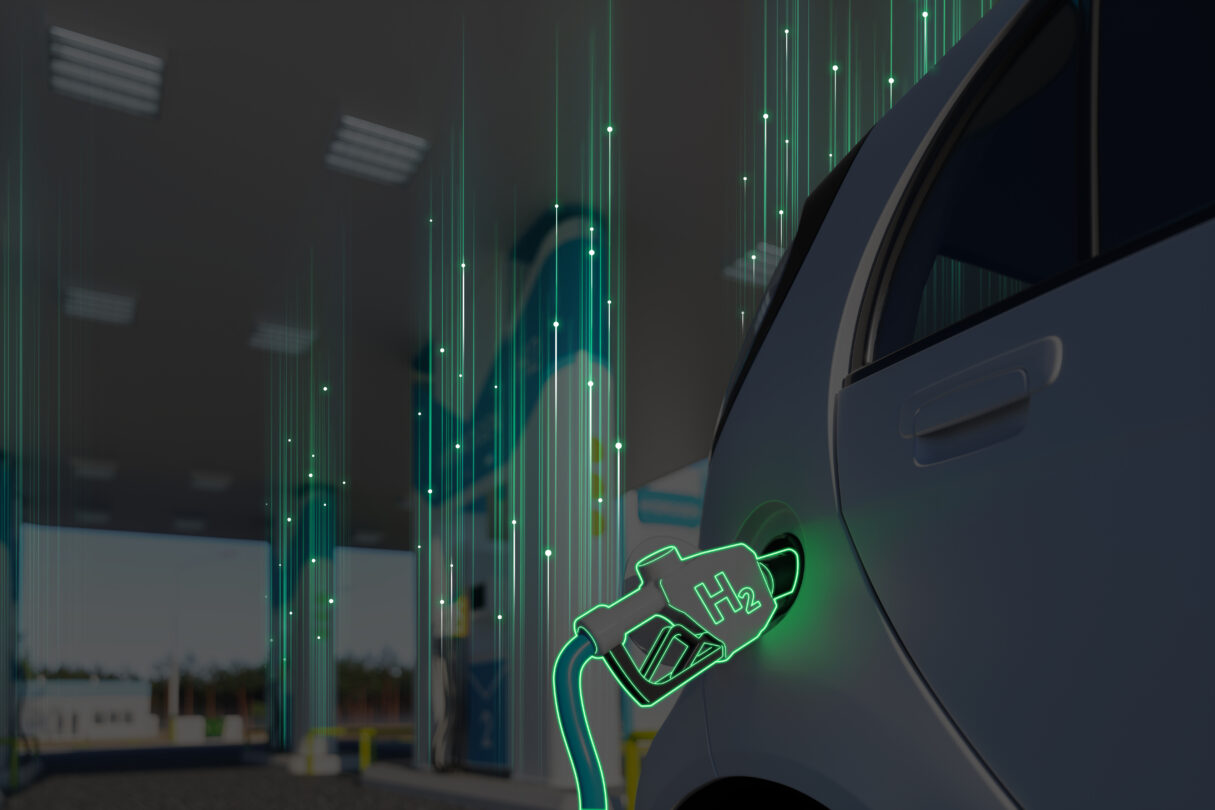
Heavy-duty and commercial transport is a major contributor to greenhouse gas emissions. In the European Union, for example, these vehicles account for 27% of total road transport emissions.
One promising solution for reducing the carbon footprint of heavy-duty and commercial transportation is the utilization of hydrogen fuel cell technology. This innovative approach involves hydrogen fuel cell electric vehicles (FCEVs) that harness the power of hydrogen gas to drive electric motors, resulting in zero emissions.
In the article “Decarbonizing heavy-duty and commercial transport safely, reliably, and efficiently” by Akilah Doyle, the potential of hydrogen fuel cell technology for decarbonizing heavy-duty and commercial transport is discussed. Furthermore, the article highlights the crucial role of suppliers in advancing hydrogen fuel cell technology for commercial transportation.
FCEVs offer several advantages over battery electric vehicles (BEVs), including:
- Longer driving range
- Faster refueling times
- Lighter weight
- More efficient operation in cold weather
Challenges of Hydrogen Fuel Cell Technology
The main challenges of hydrogen fuel cell technology include:
- The cost of hydrogen
- The lack of refueling infrastructure
- The safety of hydrogen gas
How to Overcome the Challenges
The cost of hydrogen can be reduced by increasing the production of hydrogen and by developing more efficient ways to transport and store hydrogen. Addressing the lack of refueling infrastructure can be achieved by building more hydrogen refueling stations, and improving the safety of hydrogen gas involves using high-quality components and following proper safety procedures.
The Future of Hydrogen Fuel Cell Technology
The future of hydrogen fuel cell technology for heavy-duty and commercial transport looks promising. As the cost of hydrogen decreases and the refueling infrastructure improves, FCEVs are becoming a more viable option for businesses and governments.
Hydrogen fuel cell technology has the potential to make a significant impact on reducing greenhouse gas emissions from heavy-duty and commercial transport. By working together, suppliers, manufacturers, and governments can overcome the challenges of hydrogen fuel cell technology and make it a vital part of the solution to decarbonizing transportation.
Ready to be part of the hydrogen fuel cell transformation in heavy-duty transport? Dive into the details on the Emerson webpage and join us in paving the way for a greener, more efficient future.
